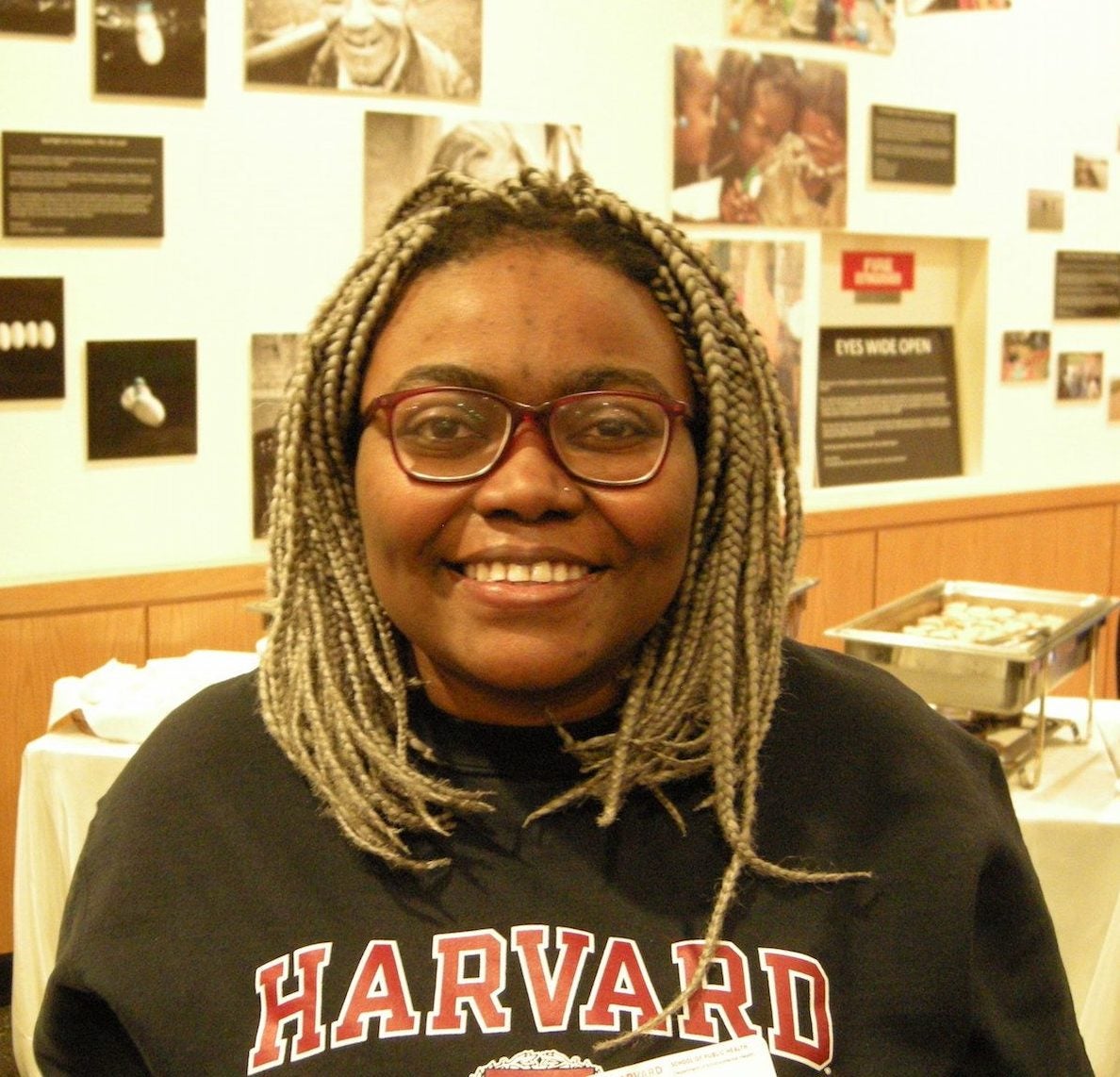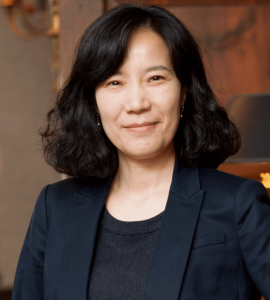Jin-Ah Park, PhD, ATSF
Associate Professor of Airway Biology
Principal Investigator
Areas of expertise:
Toxicology, Mechanobiology, Airway epithelial cell biology, Asthma
PUBMED link
Google Scholar
Chimwemwe Mwase, PhD
PhD student, BPH program [Fall 2018- April 2023]
Postdoctoral fellow [Since May 2023]

Dr. Chim Mwase is an airway epithelial cell biologist. Her research focuses on the role of tissue factor proteins contained in extracellular vesicles released by mechanically compressed airway epithelial cells. Mechanical compression mimics the mechanical effect of the airway epithelium in the narrowed airway during asthma exacerbations. Thus, her goal is to identify the role of tissue factor protein in asthma pathogenesis.
Megan Solan, PhD
Postdoctoral fellow [Since June 2023]
 Dr. Megan Solan is an environmental toxicologist. Her research focuses on the mechanisms of cellular plasticity that are induced by per- and polyfluoroalkyl substances (PFAS) and polycyclic aromatic hydrocarbons (PAHs) in human airway epithelial cells. Understanding how environmental exposures affect mechanisms of cellular plasticity can offer vital insights into disease pathogenesis and contribute to public health improvement.
Dr. Megan Solan is an environmental toxicologist. Her research focuses on the mechanisms of cellular plasticity that are induced by per- and polyfluoroalkyl substances (PFAS) and polycyclic aromatic hydrocarbons (PAHs) in human airway epithelial cells. Understanding how environmental exposures affect mechanisms of cellular plasticity can offer vital insights into disease pathogenesis and contribute to public health improvement.
Faria Khan, PhD
Postdoctoral Research Fellow [Since July 2023]

Dr. Faria Khan is an air pollution toxicologist. Her research focuses on the toxicity of chemicals of emerging concern (CECs), with a specific focus on their involvement in the development and progression of cancer in airway epithelial cells. This research delves into the molecular mechanisms underlying cellular plasticity caused by these CECs. The findings from this study have the potential to shape public health policy decisions.
Hyo Jin Kim, PhD
Postdoctoral Research Fellow [Since Aug 2024]
Dr. Hyo Jin Kim is a food scientist and immunologist. Her research focuses on elucidating the signaling pathways and damage responses in airway epithelial cells caused by exposure to environmental pollutants and underlying disease conditions, such as asthma. By investigating the mechanisms of epithelial cell damage and repair, her goal is to develop strategies that mitigate the adverse effects of environmental pollutants on respiratory health, ultimately contributing to improved public health outcomes.
We are inviting postdoctoral fellows!
Please send your CV, a brief statement of goals, and three references (including names, email addresses, and phone numbers) to hsphparklab@gmail.com.
Applicants must have a recent MD or PhD in Lung physiology, Toxicology, Biomedical Engineering, Material science, or a related field. Support for up to 3 years is available. Support from an NIH T32 training grant is also available in the MIPS program.





